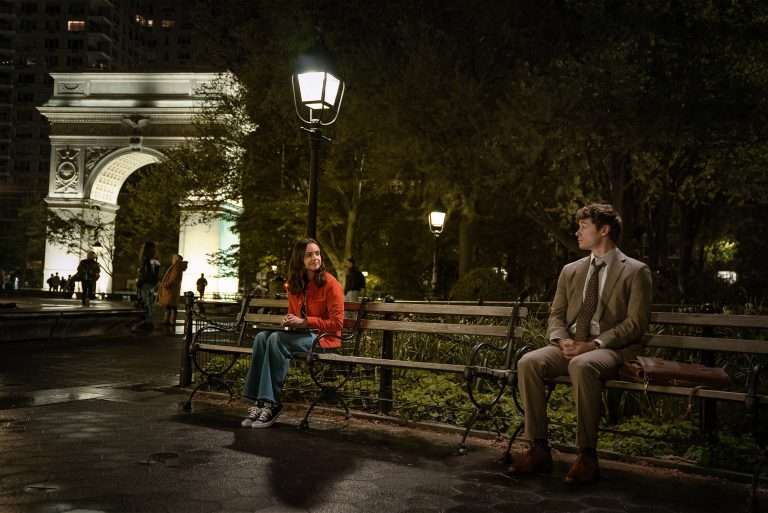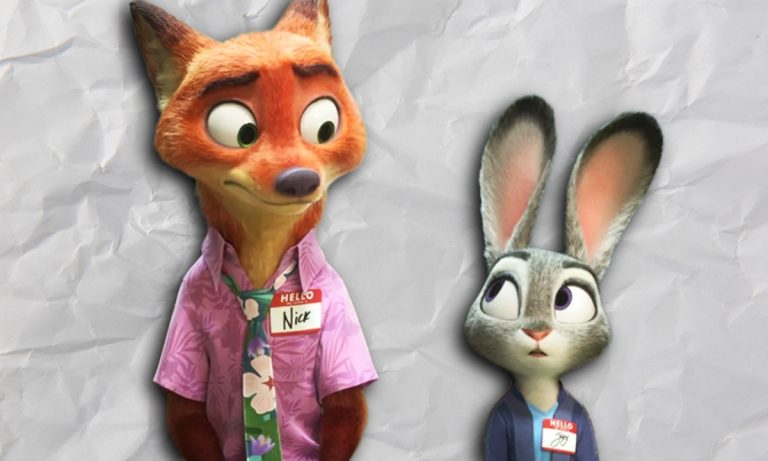Escape of Director Mohammad Rasoulof from Iran: Iranian filmmaker Mohammad Rasoulof’s latest film, The Seed of the Sacred Fig, premiered on Friday at the Cannes Film Festival, setting a record for this year’s edition of the festival. The film earned a rapturous 12-minute standing ovation at its premiere. “The Seed of the Sacred Fig” centers on a family of four. Patriarch Iman (Misagh Zare) has just earned a promotion after 20 years of loyal service as a civil servant. It’s not the role he aspired to (judge for Tehran’s revolutionary court), but the one he must accept. Set during the 2022 protests, the movie is about a family divided over the oppressive practices of the Iranian government. Due to its ecstatic reception and political weight, the film has emerged as a late frontrunner for Cannes’ prestigious Palme d’Or.
Rasoulof is an independent filmmaker who lives in exile in Europe. The nature and content of his films have brought him into conflict with the Iranian government. He has been arrested several times and had his passport confiscated. By appearing at the screening of his film, the filmmaker indeed risked his life. He came there after fleeing Iran for Europe on May 13 to avoid going to prison. He’d been sentenced to eight years in jail by Iranian authorities for making a film that criticized the regime.
During the Cannes Film Festival press conference for his film, the director reflected on his decision to flee Iran. While his directorial vision can’t be doubted, it is also true that, despite being a master of his skills, the filmmaker’s films always face hurdles in some way or another. During the conference, Rasoulof shared that he received news of the charges against him in the final weeks of the shooting. But decided to risk arrest and finish the film before leaving the country. He said of the decision,
“Obviously, there was tremendous pressure on my shoulders. I kept thinking, well if I’m arrested while making the film, I’ll spend at least five years in prison. And then obviously, I knew this film would lead to other charges against me.”
He said he “counted on the slow pace of the legal administration” in order to wrap up the project. Moreover, he contacted his colleagues abroad to make sure they could bring the film to the finish line in the event of his arrest. Then, he learned Iran’s secret services weren’t just after him, but the whole film crew. Rasoulof said, “I, therefore, had to make a decision in just a few hours. I had to say to myself,
‘Well do I want to be in prison, or should I leave geographic Iran and join the cultural Iran that exists beyond its borders?’ And I opted for the second possibility. It took me two hours to make the decision. I walked around, I paced around my house, I said goodbye to the plants that I loved. It’s not an easy decision to make. It still isn’t easy even to talk about it with you.”
Rusoulof’s networks and connections he made during a previous prison stint played a crucial role in helping him leave the country. He said,
“I was able to make contact with people who helped others to flee the country and these were people in whom I had absolute trust. They helped me to leave and go to a place where I was safe near the border. Then I was able to walk a long distance and cross the border into a country that I don’t want to name. I spent several days in a village on the other side of the border, and then I made contact with the European Council … They were able to confirm my identity thanks to my fingerprints and they assisted me. They helped me to leave that country and go to Germany.”
Mohammad Rasoulof referred to himself as the ‘Gangsters of Cinema’
The relationship between Mohammad Rasoulof and prison is similar to the relationship between gangsters and prisons. Since Rasoulof makes films in an undercover way, he refers to himself and his team as “gangsters of cinema.”
The 51-year-old filmmaker said,
“When you have to deal with the secret services, you learn how to avoid them. You understand that they track you using your mobile phone and you learn not to use your mobile phone anymore. Our life is very similar to the life of gangsters, except we are gangsters of the cinema. That’s a joke, of course, which we repeated to each other during the filming. We said to each other, ‘Well, if we want to deal in cocaine it would actually be easier.”
During his film’s premiere, Rasoulof thanked the crowd in Farsi. He expressed hope for a better future in Iran and said that many of the film’s actors didn’t have permission to come to Cannes.





